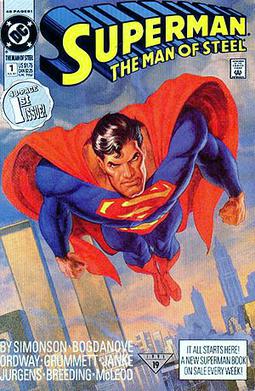It looks like an Arabic word, does zamzawed, or perhaps it might be Hindi. Or on the other hand all those zeds are irresistibly reminiscent of Zanzibar, so perhaps zamzawed is a Kiswahili word.
Wherever it comes from, zamzawed must surely mean something deeply mysterious. It must be an ancient wedding-custom, or a dish of golden spices, or a conclave of magicians.
Mustn't it?
(Oh, and by the way, how do you say it?)
Well, I've done the research, and I can announce that zamzawed is...
...deeply disappointing. In fact it's one of the most disappointing words in the English language.
For a start you say it ZAMzd; secondly it comes from England; and thirdly it describes tea that's been left stewing in the teapot until it's strong, bitter, and disgusting.
See? Not a houri, magic carpet, or smallest wisp of romance in sight.
Sigh.
Sunday Rest: zamzawed. I can't find any details of where this word comes from, but it's used in the USA, too, where it describes food that's been cooked until it's dried up.












